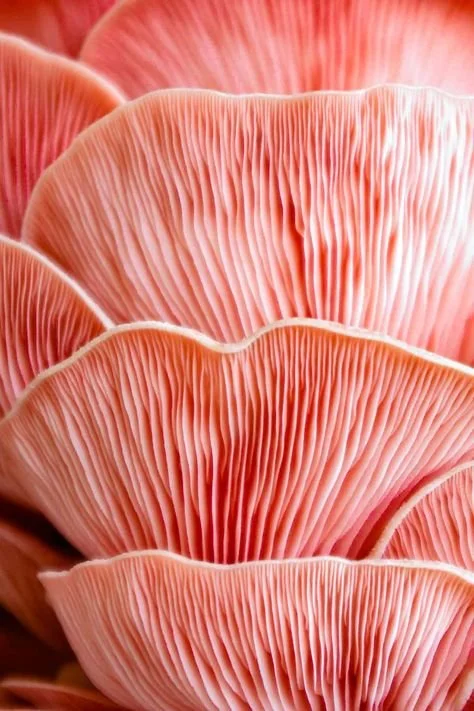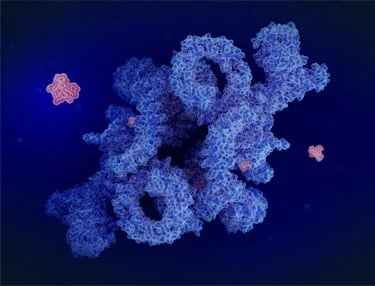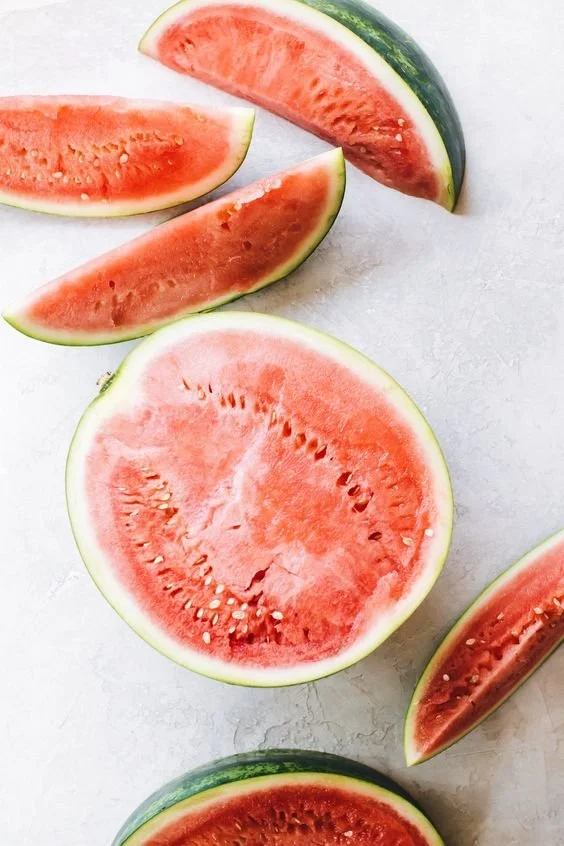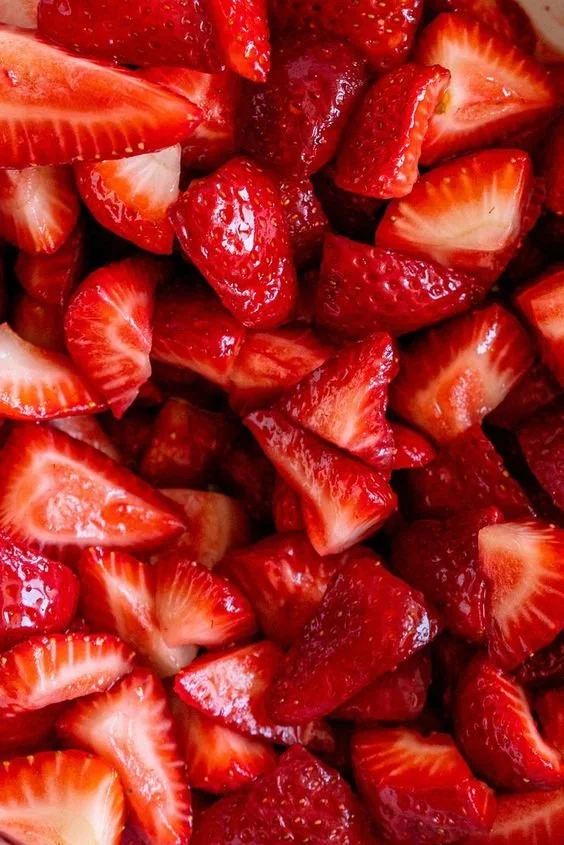Introduce your brand
Adaptogens
-
Adaptogens are a group of herbs and plant compounds that are believed to help the body cope with stress and promote balance and homeostasis. These natural substances have been used for centuries in traditional medicine systems such as Ayurveda and Traditional Chinese Medicine.
-
Adaptogens work by modulating the body's stress response and helping it to adapt to stressors, whether they are physical, chemical, or biological. They can also support healthy immune function, enhance mental clarity and focus, and improve physical performance.
-
Ashwagandha
Rhodiola
Ginseng (Asian and American)
Holy Basil (Tulsi)
Cordyceps
Reishi
Schisandra
Eleuthero (Siberian Ginseng)
Licorice Root
Maca Root
Astragalus
Shatavari
Jiaogulan
Gotu Kola
Mucuna Pruriens
Bacopa
Rosemary
Gynostemma
Milk Thistle (Silymarin)
Tribulus Terrestris
Autophagy
-
Autophagy (pronounced “ah-TAH-fah-gee”) is your body’s process of reusing old and damaged cell parts. Think of it as your body’s cellular recycling system. It allows a cell to disassemble its junk parts and repurpose the salvageable bits and pieces into new, usable cell parts. A cell can discard the parts it doesn’t need. Too many junk components in a cell take up space and can slow or prevent a cell from functioning correctly. Autophagy remakes the clutter into the selected cell components you need, optimizing your cells’ performance.
source: clevelandclinic.org
-
Autophagy plays an important role when it comes to aging and longevity. As a person ages, autophagy decreases, which can lead to a build-up of cellular junk parts and, in turn, cells that aren’t functioning at their best.
-
Common methods to induce human autophagy include:
Fasting
Calorie Restriction
High fat, low carb diet
Exercise
Clean Fifteen
-
This list includes the top 15 fruits and vegetables of 2023 with the least amount of pesticides.
-
Almost 65 percent of Clean Fifteen fruit and vegetable samples had no detectable pesticide residues,” according to EWG’s 2023 report. This is helpful to know when grocery shopping and choosing when to buy organic. Conventional watermelon (#14 on the clean fifteen list, for example, is a better bet than conventional strawberries (#1 on the dirty dozen list).
-
Avocados
Sweet corn
Pineapple
Onions
Papaya
Sweet peas (frozen)
Asparagus
Honeydew melon
Kiwi
Cabbage
Mushrooms
Mangoes
Sweet potatoes
Watermelon
Carrots
Dirty Dozen
-
-
Adaptogens work by modulating the body's stress response and helping it to adapt to stressors, whether they are physical, chemical, or biological. They can also support healthy immune function, enhance mental clarity and focus, and improve physical performance.
-
Ashwagandha
Rhodiola
Ginseng (Asian and American)
Holy Basil (Tulsi)
Cordyceps
Reishi
Schisandra
Eleuthero (Siberian Ginseng)
Licorice Root
Maca Root
Astragalus
Shatavari
Jiaogulan
Gotu Kola
Mucuna Pruriens
Bacopa
Rosemary
Gynostemma
Milk Thistle (Silymarin)
Tribulus Terrestris
Adaptogens
-
Adaptogens are a group of herbs and plant compounds that are believed to help the body cope with stress and promote balance and homeostasis. These natural substances have been used for centuries in traditional medicine systems such as Ayurveda and Traditional Chinese Medicine.
-
Adaptogens work by modulating the body's stress response and helping it to adapt to stressors, whether they are physical, chemical, or biological. They can also support healthy immune function, enhance mental clarity and focus, and improve physical performance.
-
Ashwagandha
Rhodiola
Ginseng (Asian and American)
Holy Basil (Tulsi)
Cordyceps
Reishi
Schisandra
Eleuthero (Siberian Ginseng)
Licorice Root
Maca Root
Astragalus
Shatavari
Jiaogulan
Gotu Kola
Mucuna Pruriens
Bacopa
Rosemary
Gynostemma
Milk Thistle (Silymarin)
Tribulus Terrestris
Autophagy
-
Autophagy (pronounced “ah-TAH-fah-gee”) is your body’s process of reusing old and damaged cell parts. Think of it as your body’s cellular recycling system. It allows a cell to disassemble its junk parts and repurpose the salvageable bits and pieces into new, usable cell parts. A cell can discard the parts it doesn’t need. Too many junk components in a cell take up space and can slow or prevent a cell from functioning correctly. Autophagy remakes the clutter into the selected cell components you need, optimizing your cells’ performance.
source: clevelandclinic.org
-
Autophagy plays an important role when it comes to aging and longevity. As a person ages, autophagy decreases, which can lead to a build-up of cellular junk parts and, in turn, cells that aren’t functioning at their best.
-
Common methods to induce human autophagy include:
Fasting
Calorie Restriction
High fat, low carb diet
Exercise
Clean Fifteen
-
This list includes the top 15 fruits and vegetables of 2023 with the least amount of pesticides.
-
Almost 65 percent of Clean Fifteen fruit and vegetable samples had no detectable pesticide residues,” according to EWG’s 2023 report. This is helpful to know when grocery shopping and choosing when to buy organic. Conventional watermelon (#14 on the clean fifteen list, for example, is a better bet than conventional strawberries (#1 on the dirty dozen list).
-
Avocados
Sweet corn
Pineapple
Onions
Papaya
Sweet peas (frozen)
Asparagus
Honeydew melon
Kiwi
Cabbage
Mushrooms
Mangoes
Sweet potatoes
Watermelon
Carrots
Dirty Dozen
-
-
Adaptogens work by modulating the body's stress response and helping it to adapt to stressors, whether they are physical, chemical, or biological. They can also support healthy immune function, enhance mental clarity and focus, and improve physical performance.
-
Ashwagandha
Rhodiola
Ginseng (Asian and American)
Holy Basil (Tulsi)
Cordyceps
Reishi
Schisandra
Eleuthero (Siberian Ginseng)
Licorice Root
Maca Root
Astragalus
Shatavari
Jiaogulan
Gotu Kola
Mucuna Pruriens
Bacopa
Rosemary
Gynostemma
Milk Thistle (Silymarin)
Tribulus Terrestris
Adaptogens
-
Adaptogens are a group of herbs and plant compounds that are believed to help the body cope with stress and promote balance and homeostasis. These natural substances have been used for centuries in traditional medicine systems such as Ayurveda and Traditional Chinese Medicine.
-
Adaptogens work by modulating the body's stress response and helping it to adapt to stressors, whether they are physical, chemical, or biological. They can also support healthy immune function, enhance mental clarity and focus, and improve physical performance.
-
Ashwagandha
Rhodiola
Ginseng (Asian and American)
Holy Basil (Tulsi)
Cordyceps
Reishi
Schisandra
Eleuthero (Siberian Ginseng)
Licorice Root
Maca Root
Astragalus
Shatavari
Jiaogulan
Gotu Kola
Mucuna Pruriens
Bacopa
Rosemary
Gynostemma
Milk Thistle (Silymarin)
Tribulus Terrestris
Autophagy
-
Autophagy (pronounced “ah-TAH-fah-gee”) is your body’s process of reusing old and damaged cell parts. Think of it as your body’s cellular recycling system. It allows a cell to disassemble its junk parts and repurpose the salvageable bits and pieces into new, usable cell parts. A cell can discard the parts it doesn’t need. Too many junk components in a cell take up space and can slow or prevent a cell from functioning correctly. Autophagy remakes the clutter into the selected cell components you need, optimizing your cells’ performance.
source: clevelandclinic.org
-
Autophagy plays an important role when it comes to aging and longevity. As a person ages, autophagy decreases, which can lead to a build-up of cellular junk parts and, in turn, cells that aren’t functioning at their best.
-
Common methods to induce human autophagy include:
Fasting
Calorie Restriction
High fat, low carb diet
Exercise
Clean Fifteen
-
This list includes the top 15 fruits and vegetables of 2023 with the least amount of pesticides.
-
Almost 65 percent of Clean Fifteen fruit and vegetable samples had no detectable pesticide residues,” according to EWG’s 2023 report. This is helpful to know when grocery shopping and choosing when to buy organic. Conventional watermelon (#14 on the clean fifteen list, for example, is a better bet than conventional strawberries (#1 on the dirty dozen list).
-
Avocados
Sweet corn
Pineapple
Onions
Papaya
Sweet peas (frozen)
Asparagus
Honeydew melon
Kiwi
Cabbage
Mushrooms
Mangoes
Sweet potatoes
Watermelon
Carrots
Dirty Dozen
-
-
Adaptogens work by modulating the body's stress response and helping it to adapt to stressors, whether they are physical, chemical, or biological. They can also support healthy immune function, enhance mental clarity and focus, and improve physical performance.
-
Ashwagandha
Rhodiola
Ginseng (Asian and American)
Holy Basil (Tulsi)
Cordyceps
Reishi
Schisandra
Eleuthero (Siberian Ginseng)
Licorice Root
Maca Root
Astragalus
Shatavari
Jiaogulan
Gotu Kola
Mucuna Pruriens
Bacopa
Rosemary
Gynostemma
Milk Thistle (Silymarin)
Tribulus Terrestris
Adaptogens
-
Adaptogens are a group of herbs and plant compounds that are believed to help the body cope with stress and promote balance and homeostasis. These natural substances have been used for centuries in traditional medicine systems such as Ayurveda and Traditional Chinese Medicine.
-
Adaptogens work by modulating the body's stress response and helping it to adapt to stressors, whether they are physical, chemical, or biological. They can also support healthy immune function, enhance mental clarity and focus, and improve physical performance.
-
Ashwagandha
Rhodiola
Ginseng (Asian and American)
Holy Basil (Tulsi)
Cordyceps
Reishi
Schisandra
Eleuthero (Siberian Ginseng)
Licorice Root
Maca Root
Astragalus
Shatavari
Jiaogulan
Gotu Kola
Mucuna Pruriens
Bacopa
Rosemary
Gynostemma
Milk Thistle (Silymarin)
Tribulus Terrestris
Autophagy
-
Autophagy (pronounced “ah-TAH-fah-gee”) is your body’s process of reusing old and damaged cell parts. Think of it as your body’s cellular recycling system. It allows a cell to disassemble its junk parts and repurpose the salvageable bits and pieces into new, usable cell parts. A cell can discard the parts it doesn’t need. Too many junk components in a cell take up space and can slow or prevent a cell from functioning correctly. Autophagy remakes the clutter into the selected cell components you need, optimizing your cells’ performance.
source: clevelandclinic.org
-
Autophagy plays an important role when it comes to aging and longevity. As a person ages, autophagy decreases, which can lead to a build-up of cellular junk parts and, in turn, cells that aren’t functioning at their best.
-
Common methods to induce human autophagy include:
Fasting
Calorie Restriction
High fat, low carb diet
Exercise
Clean Fifteen
-
This list includes the top 15 fruits and vegetables of 2023 with the least amount of pesticides.
-
Almost 65 percent of Clean Fifteen fruit and vegetable samples had no detectable pesticide residues,” according to EWG’s 2023 report. This is helpful to know when grocery shopping and choosing when to buy organic. Conventional watermelon (#14 on the clean fifteen list, for example, is a better bet than conventional strawberries (#1 on the dirty dozen list).
-
Avocados
Sweet corn
Pineapple
Onions
Papaya
Sweet peas (frozen)
Asparagus
Honeydew melon
Kiwi
Cabbage
Mushrooms
Mangoes
Sweet potatoes
Watermelon
Carrots
Dirty Dozen
-
-
Adaptogens work by modulating the body's stress response and helping it to adapt to stressors, whether they are physical, chemical, or biological. They can also support healthy immune function, enhance mental clarity and focus, and improve physical performance.
-
Ashwagandha
Rhodiola
Ginseng (Asian and American)
Holy Basil (Tulsi)
Cordyceps
Reishi
Schisandra
Eleuthero (Siberian Ginseng)
Licorice Root
Maca Root
Astragalus
Shatavari
Jiaogulan
Gotu Kola
Mucuna Pruriens
Bacopa
Rosemary
Gynostemma
Milk Thistle (Silymarin)
Tribulus Terrestris











